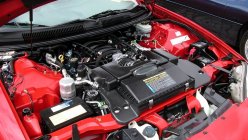Modern cars have rock-solid fuel systems that are self-contained and efficient that are better at the stock condition. Attempts to get the most by pouring in additives or other modifications should be thought-out or else!
Motoring is expensive and with fuel prices getting a bit steep that will prompt these actions by car owners! Needless to say, here are the 7 best reasons why fuel systems of a modern car don’t need additives or adjustments that should be good reasons to leave it be.
Attempts to save fuel will involve additives and other methods that will involve simply pouring in additives or messing with the car's hardware and software.
Not a smart move because of many reasons that will show why it will be the source of expenses and regrets. Though if the need to save “gas” is more important that may result in a massive overhaul of your car engine.
There’s nothing to stop anyone whether to do it or not but here are some warnings to consider not to go through it which Philkotse.com recommends.
1. The structure of fuel system
- Fuel: This is either gasoline or diesel depending on the engine.
- Fuel tank: Contains the gas and keeps it in storage.
- Fuel filters: Cleans out the impurities of fuel entering the fuel pump.
- Fuel pump: The fuel pump draws out fuel through the lines.
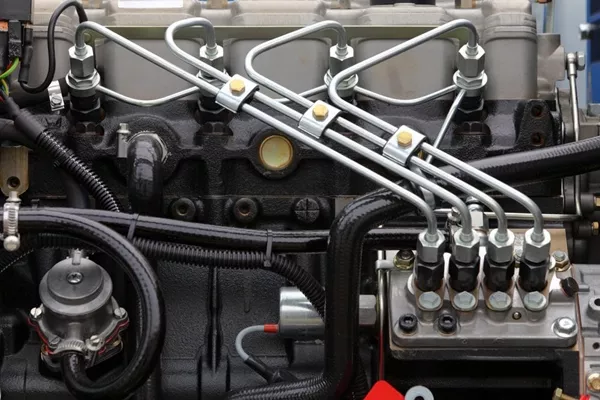
Everything about the fuel system is connected and controlled by the ECU and sensors
- Fuel injectors: It injects fuel into the engine’s piston cylinder.
- The idle air control valve: Controls the amount of air that mixes with fuel for combustion.
- Air throttle body: Let’s in the air for the air-fuel mix for generating power.
- Air intake: Let in the air to mix with the fuel for combustion.
- Air fuel ratio sensor: This is an ECU connected component checks the amount of air-fuel that enters the piston-cylinder.
Everything about the fuel system is connected and controlled by the ECU and sensors, with the mechanical parts of the system. Driver’s don’t realize this delicate eco-system of components which are very efficient for a good reason. Now, here are the reasons why it not worth messing with it.
>>> Read more:
- 7 Pros & Cons of car Engine control unit (ECU).
- 9 common car sensors and the facts that you might not know.
2. Why don't need to change anything from the fuel system?
Additives that are placed in the fuel tank aren’t needed
It is normal for the fuel injectors and the fuel tank to have some impurities when fuel is used. A common practice is to put additives in the gas tank to clean the fuel used for the car. Fuel sold in pump stations sells gas that already has additives in it. They clean the fuel for burning and minimize carbon deposits in the fuel injectors and the piston cylinder.
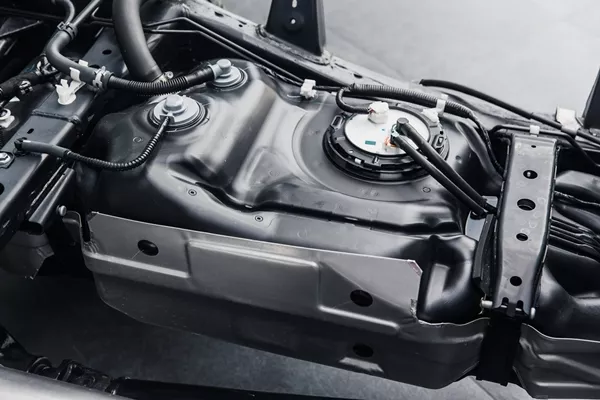
It is normal for the fuel injectors and the fuel tank to have some impurities when fuel is used
ECU’s are also precise with their calculations when it comes to fuel-air burn. It’s useless to put fuel additives in the tank but do so if wanted.
Cylinder deactivation does a better job than tweaking any part of the fuel system
If you own a car with cylinder deactivation, there’s no need to even think about putting in additives or altering the ECU. Cars that have cylinder deactivation stop when one of the cylinders aren’t needed to save fuel. This happens automatically with autonomous control that is controlled by the ECU. Altering the ECU will do more harm than good!
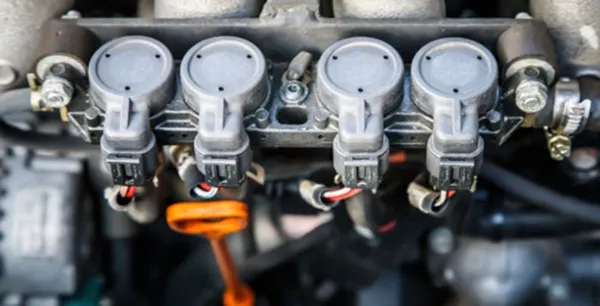
Cars that have cylinder deactivation stop when one of the cylinders aren’t needed to save fuel
Remapping the ECU for optimized fuel efficiency will affect the engine badly
It’s tempting to mess with the ECU and reprogram it for less fuel used per liter. Cars have precise amounts of fuel and air that is calculated by the ECU to be injected inside the piston chamber. If the mix is off by a bit, then it will have effects like more heat and stalling. All because the air-fuel mix is not properly calibrated!
>>> Also check: What are Fuel Additives and Do They Really Work?
Keep the stock air filter and don’t replace it with a racing option
Here is another mistake that car owners commit which is replacing the old one with more airflow. More fuel is used when the air sensor detects more air! This tells the ECU to inject more fuel than air. A car running on fumes will not ride smoothly.
Modifying the air filter will nullify the guarantee by default. Aspirated engines have controlled amounts of fuel and air at stock and keep engines running for a long time.
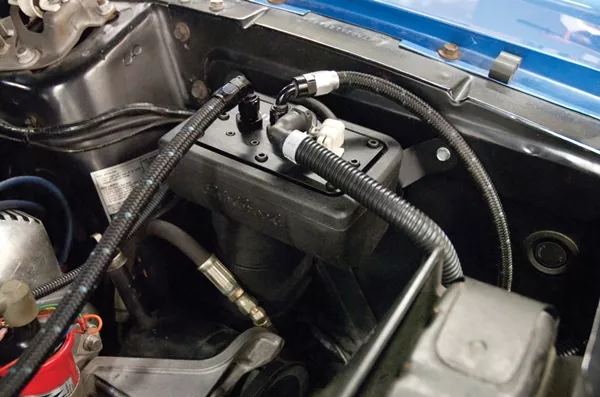
Modifying the air filter will nullify the guarantee by default
Adjusting the IACV for idling to save fuel is not smart
The Idling Air Control Valve controls the amount of air that is let in by the air throttle body. Altering the IACV via the ECU is the only way because modern cars don’t have mechanical iACVs. IACVs should not be altered because the iACV is ECU-controlled and it may cause stalling or other problems.
Controlling the amount of air that mixes with fuel are important with modern engines that are stock at best.
The variable valve timing is efficient at stock and altering it will not save fuel
Cars come with variable valve timing that improves fuel efficiency more than ever. Stock engines are better than ever with variable valve timing but any attempts mess with the ECU to improve VVT is not advised.
It works in tandem with cylinder deactivation and sensor control that is optimized by a sensor and ECU autonomous control. Altering the settings is useless because engines are efficient and reliable at stock without alterations.
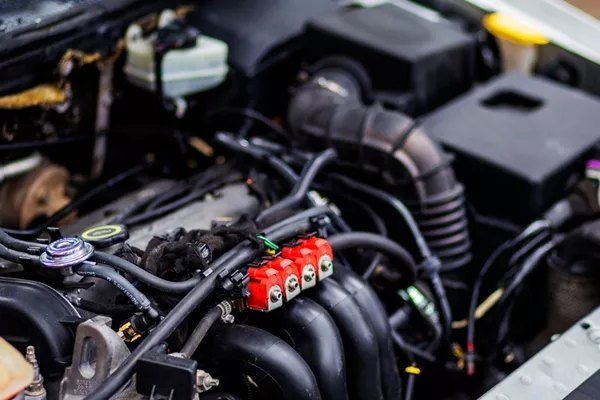
Cars come with variable valve timing that improves fuel efficiency more than ever
Choosing an after-market air throttle body is not advised for improving air intake
Another option for getting more fuel efficiency is by replacing or modifying the air throttle body. This is mistaken because it will cost to modify it and affect the air-fuel mixture negatively. Never change the stock engine and parts that will need the proper mods, or the engine may have pings later.
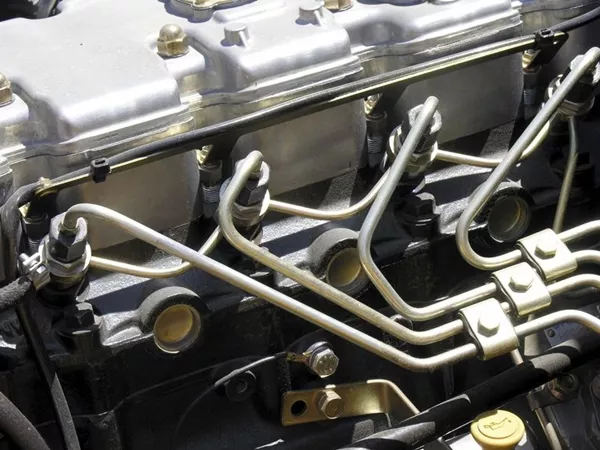
Another option for getting more fuel efficiency is by replacing or modifying the air throttle body
>>> Worth reading: 8 common signs of bad throttle position sensors & how to fix it!
Car owners have only one goal by modifying their car’s fuel system which is to save fuel! Stock condition is one of the most pristine states in which cars are factory tuned for all systems including the fuel delivery system.
One of the 7 best reasons why fuel systems of a modern car don’t need additives or adjustments is because it is not advisable and affects the stock condition of the car. Tinkering and messing with the components of the fuel system can be done but are consequences acceptable?
Saving gas is good but when in doing so with negatives that incur problems that may cost you.
Recent posts
- 4 things you need to know about engine fuel injection Feb 25, 2021
- 6 useful tips to fill up your tank with the right fuel Jan 26, 2021
- 9 steps to replace fuel filter on car Mar 16, 2021
- 2 ways on how to flush a fuel injector safely and effectively Feb 25, 2021
- Top 5 Most Fuel-Efficient Hatchbacks in the Philippines Sep 15, 2021

